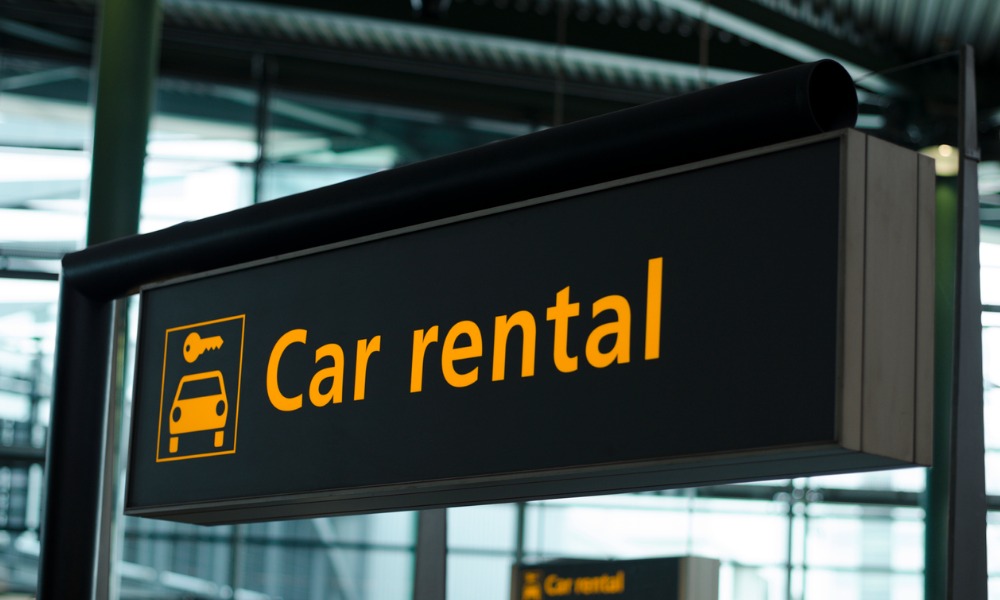
The vehicle was under a lease agreement and excluded from car owner's insurance policy

The Ontario Superior Court of Justice has affirmed an arbitrator’s ruling that a woman who was injured in a motor vehicle accident while driving a rental car was not covered by the car owner’s insurance.
In Economical Insurance Co. v. Trafalgar Insurance Co., 2023 ONSC 5060, Jatinderjit Rakhra was injured in a motor vehicle accident. She was driving a 2009 Chevrolet Aveo, which she had borrowed from a rental company. Satkar Auto Services and Sales owned the vehicle. Economical Insurance was Satkar’s insurer, and Trafalgar Insurance was the insurer of the car rear-ended by Rakhra.
The case involves a priority dispute between the insurance companies. An arbitrator found that Rakhra was not insured by Economical and not entitled to Statutory Accident Benefits coverage from Economical. Trafalgar appealed the arbitrator’s decision to the Ontario Superior Court of Justice.
The court dismissed the appeal, finding that the arbitrator made no palpable and overriding factual errors and correctly applied the law. The court affirmed that the Aveo was not an insured vehicle. It was an excluded vehicle under the insurance policy, and the Insurance Act does not require that accident benefits be provided.
At the time of the accident, Economical insured Satkar under a standard Ontario Garage Policy or OAP 4. The policy provided insurance coverage for automobiles Satkar owned and used in its business. The issue was whether the Aveo was used in Satkar’s business and, consequently, included in the vehicles insured under the OAP 4.
The OAP 4 provides coverage for “owned automobiles”. Economical argued that the Aveo was not covered by the OAP 4 because Satkar gave the Aveo to Flash Car and Truck Rentals to use as a rental vehicle under a written “lease to buy” agreement whereby Flash made monthly lease payments to Satkar and at the end of the term of the lease, ownership would be transferred to Flash.
Trafalgar’s position was that the OAP 4 is an automobile policy that covers all vehicles owned by Satkar, and as such, it is deemed to include accident benefits. Trafalgar asserted that Economical could not rely on a term in the OAP 4 to deny accident benefits coverage for Aveo.
The arbitrator found that providing the Aveo to Flash to be used in a fleet of rental vehicles was outside the scope of the business description set out in the policy. The arbitrator found as a fact that the “lease to buy” arrangement between Satkar and Flash cannot be considered part of the ordinary described business of Satkar, namely, “repairs of light commercial and private passenger vehicles and used car sales.”
The arbitrator further found that the “lease to own” arrangement was far different than “used car sales,” mainly where the vehicle was being used as part of a rental fleet, given the increased risk of exposure far beyond that contemplated in the underwriting process. He specifically found that Economical did not insure rental companies because of the increased risk of claims, particularly for accident benefits claims. The court found no palpable and overriding errors in the arbitrator’s factual findings.
The arbitrator also found that the vehicle was explicitly an “excluded vehicle” in the contract. The arbitrator found that the car was made available to an individual for regular or frequent use who was not an active partner or employee of Satkar. Accordingly, the arbitrator ruled that the Economical policy did not cover the Aveo and did not respond to Rakhra’s claim for accident benefits, so Trafalgar was the priority insurer.
The court found that the arbitrator correctly stated the law that “a vehicle owned by the insured and made available to another entity for its regular or frequent use is an excluded vehicle for which there is no coverage under a Garage Policy.
Ultimately, the court ruled that the arbitrator made no palpable and overriding factual errors and was correct in applying the law. The Economical policy did not cover the Aveo because it was not an “owned vehicle” as defined and was specifically excluded.